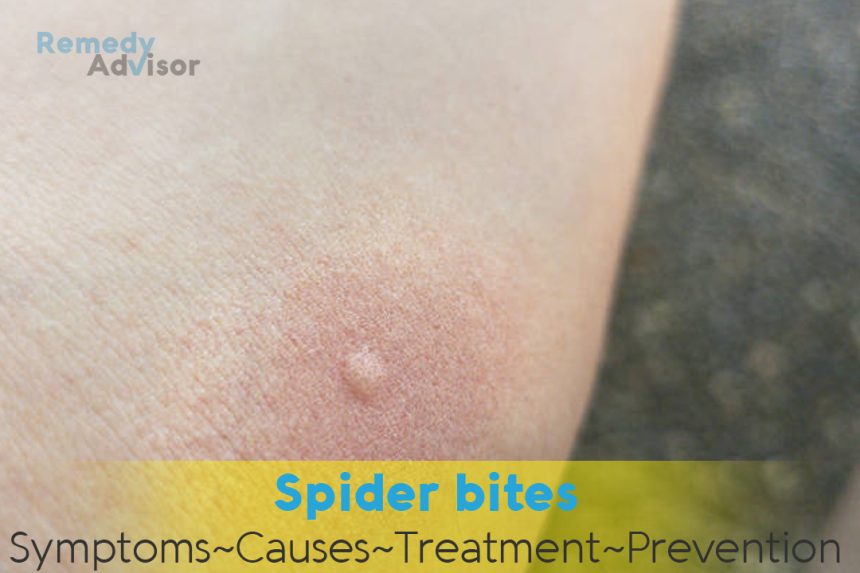What is it
For most of us, spider bites are not much of a threat. Of the more than 100,000 species of arachnids (which include spiders, scorpions, ticks, and mites), most are harmless. In spite of their horrific reputation, spiders are reclusive and unlikely to sit down beside us. But a few species bite, and in rare cases the bite, if untreated, can be serious or even fatal.
Symptoms
- Muscle pain and swelling around the bite site.
- Itching and/or burning.
- Sweating, nausea, vomiting, and severe headache.
- Peak symptoms usually within two to three hours; they then begin to subside.
What causes it
Two kinds of spiders were responsible for almost 4,000 of the 9,418 spider bites reported to poison-control centers in the United States in 1994: the black widow and the brown recluse. The female black widow is nearly half an inch long with a shiny black body and a red hour-glass designed mark on its base. The brown hermit is smaller and has a violin-shaped spot on its upper body. Both types tend to dwell in dry, dark surroundings such as under porches or in woodpiles.
Another varmint, the hobo spider, common in the Pacific Northwest, is thought to have inflicted many of the 5,300 other bites classified as “other/unknown,” and possibly some of those blamed on the brown recluse. Indeed, spider bites are more often reported in the Pacific Northwest (Oregon, Washington, Idaho) than in any other areas.
Tarantulas, a kind of large, hairy spider found mostly in the Southwest, racked up 82 bites. Some 15,000 insect bites are reported annually but most people don’t know what kind of insect or spider bit them. If a spider bites you and you kill it, it may help if you take the spider along with you to a physician.
What if you do nothing
Even if the symptoms from a spider bite are severe, most healthy adults will usually recover within a few days without medical attention. However, a bite from a black widow or brown recluse can be fatal to young children or elderly adults who don’t get treatment.
Home remedies
Most spider bites don’t require medical attention, but it’s important not to break the skin or lance the bite, which can lead to a secondary infection. Cold compresses on the bite are helpful.
If you think you have been bitten and have intense pain along with other serious symptoms, or if a bite seems to be getting worse, it’s a good idea to seek medical attention.
Prevention
Protecting yourself from bites is the best policy. If you’re working in a crawl space, working out-doors where brush is piled up, or gathering wood for a campfire, it’s always a good idea to wear gloves and other protective clothing. If you have to use an outdoor privy, look before you sit. Inspect your shoes before putting them on when you’re out camping or if you’re putting on boots or shoes that you haven’t worn in some time.







